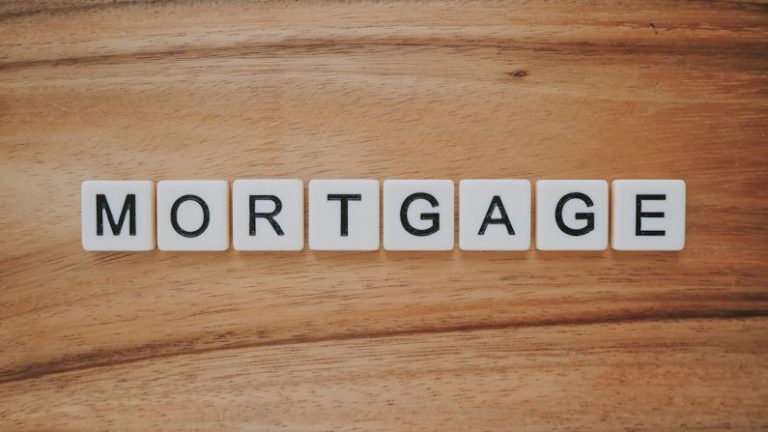
For many seniors looking to supplement their retirement income, a reverse mortgage can be an attractive financial option. But what exactly is a reverse mortgage, and how does it work? Let’s delve into the details of this unique financial product that allows homeowners aged 62 and older to convert a portion of their home equity into cash without having to sell their home or make monthly mortgage payments.
Understanding Reverse Mortgages
Reverse mortgages are loans that enable homeowners to borrow money against the value of their homes. Unlike traditional mortgages where the borrower makes monthly payments to the lender, with a reverse mortgage, the lender makes payments to the borrower. This financial tool is designed to help retirees and seniors access the equity in their homes to meet their financial needs without having to sell their property.
Qualifying for a Reverse Mortgage
To qualify for a reverse mortgage, homeowners must be at least 62 years old and have a significant amount of equity in their home. The amount of money that can be borrowed through a reverse mortgage is based on factors such as the borrower’s age, the appraised value of the home, and current interest rates. Generally, the older the borrower and the higher the value of the home, the more money that can be borrowed.
Types of Reverse Mortgages
There are three main types of reverse mortgages: single-purpose reverse mortgages, proprietary reverse mortgages, and federally-insured reverse mortgages, also known as Home Equity Conversion Mortgages (HECMs). Single-purpose reverse mortgages are offered by state and local government agencies and nonprofit organizations for specific purposes such as home repairs or property taxes. Proprietary reverse mortgages are privately issued and cater to homeowners with high-value properties. HECMs, on the other hand, are insured by the Federal Housing Administration (FHA) and are the most popular type of reverse mortgage.
How Does a Reverse Mortgage Work?
When a homeowner takes out a reverse mortgage, they can choose to receive the loan proceeds as a lump sum, a line of credit, fixed monthly payments, or a combination of these options. The borrower retains ownership of the home and is still responsible for property taxes, homeowners insurance, and maintenance. The loan does not have to be repaid until the homeowner moves out of the house, sells the property, or passes away. At that point, the loan, including interest and fees, must be repaid. If the proceeds from the sale of the home exceed the loan balance, the remaining equity belongs to the homeowner or their heirs.
Pros and Cons of Reverse Mortgages
Like any financial product, reverse mortgages have both advantages and disadvantages. One of the key benefits of a reverse mortgage is that it provides a source of tax-free income for retirees without having to sell their home. It can also help homeowners who are struggling with monthly expenses or unexpected bills. However, it’s important to consider the fees associated with reverse mortgages, which can include origination fees, closing costs, mortgage insurance premiums, and interest charges. Additionally, taking out a reverse mortgage can reduce the equity in your home, which may impact your ability to leave an inheritance for your heirs.
Is a Reverse Mortgage Right for You?
Deciding whether a reverse mortgage is the right financial move for you depends on your individual circumstances and goals. Before taking out a reverse mortgage, it’s essential to carefully weigh the pros and cons, consider alternative options, and seek advice from a qualified financial advisor. While a reverse mortgage can provide financial flexibility for seniors, it’s crucial to fully understand the terms and implications of this financial product before making a decision.
In conclusion, a reverse mortgage can be a valuable tool for seniors looking to access their home equity in retirement. By understanding how reverse mortgages work and evaluating the benefits and drawbacks, homeowners can make an informed decision about whether this financial option aligns with their financial goals and lifestyle needs.





